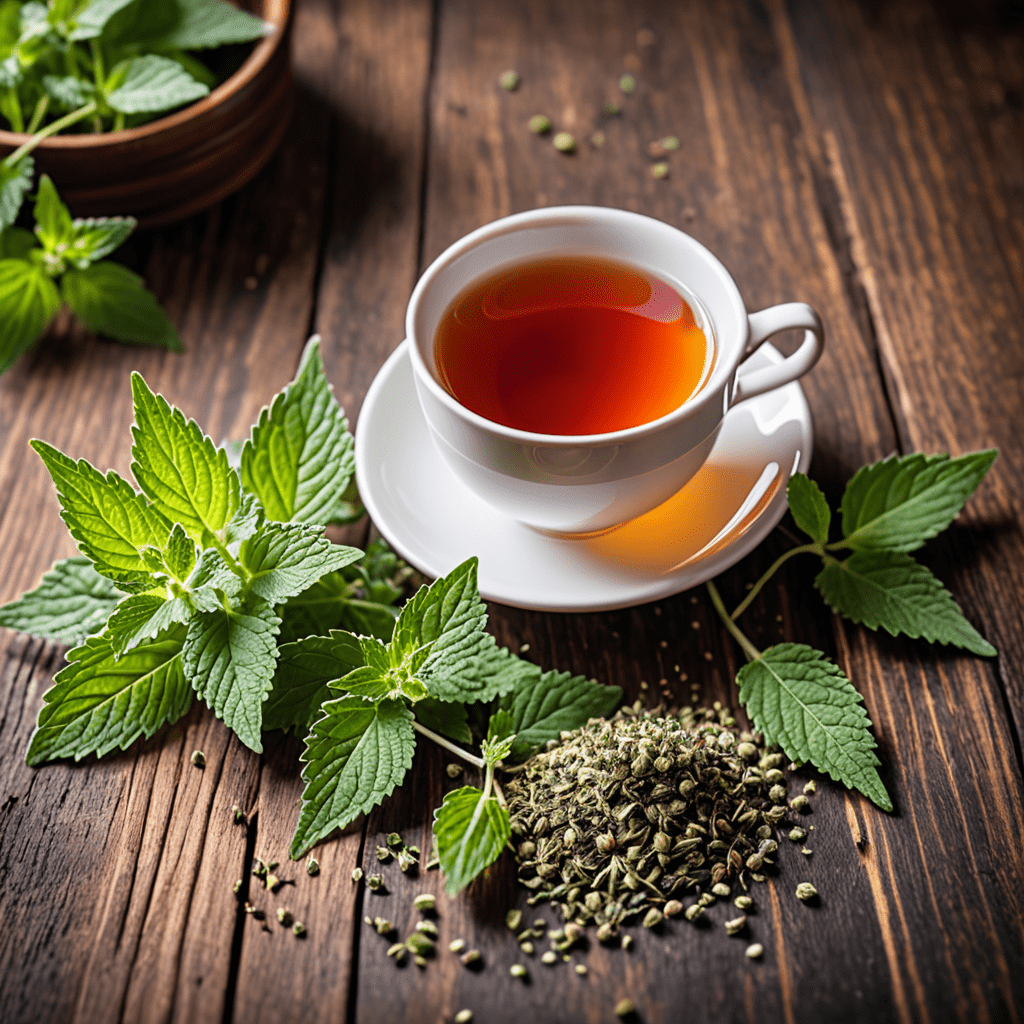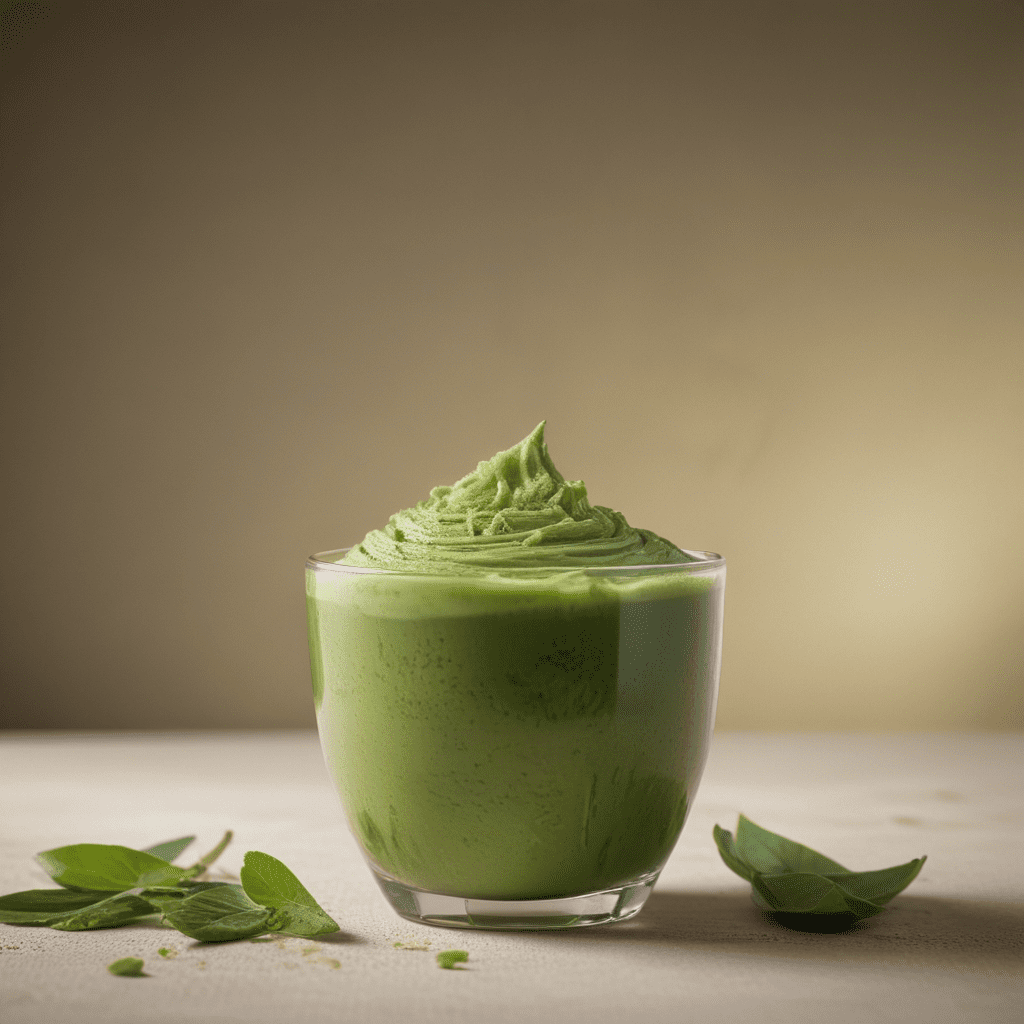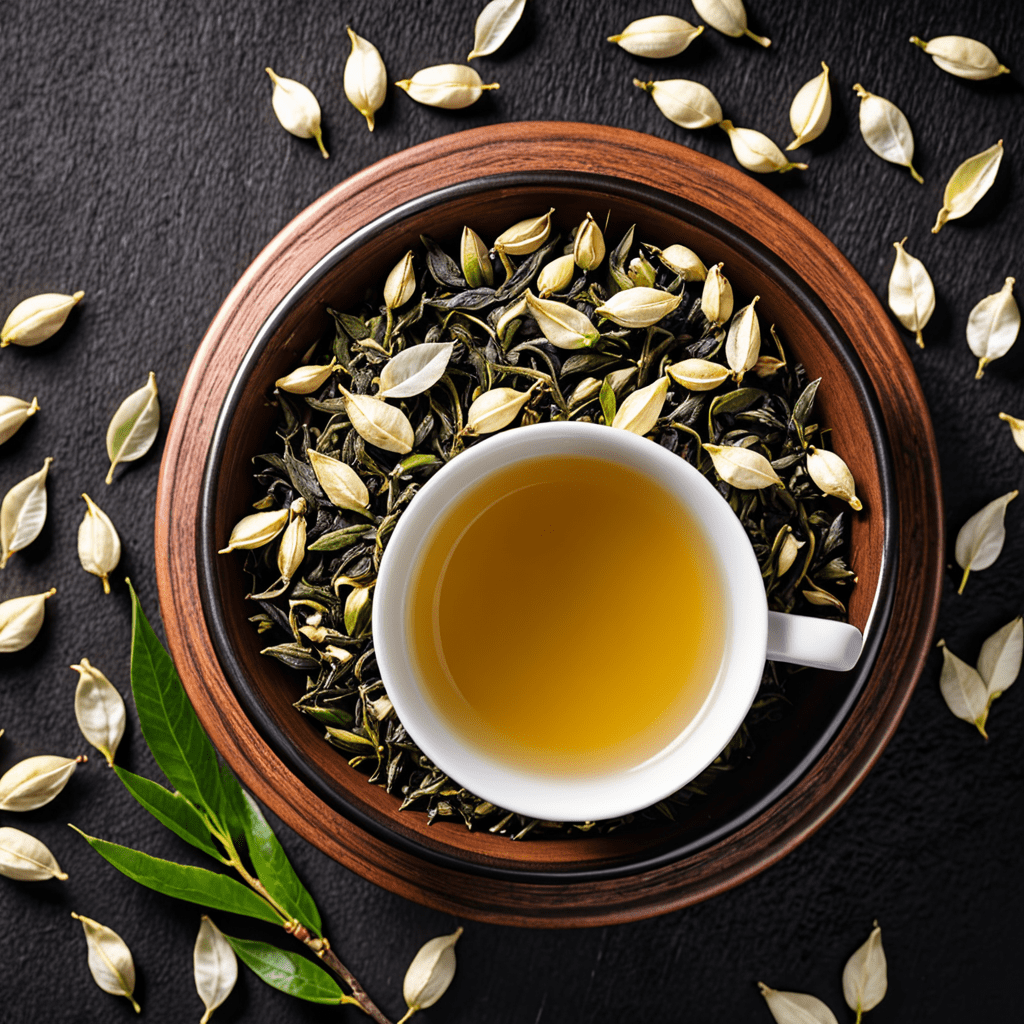
The Zen of Tea: Embracing Stillness in Indian Tea Culture
Introduction
The fragrant aroma of freshly brewed tea, the delicate clinking of cups, and the quiet contemplation shared over a steaming cup – these elements capture the essence of Indian tea culture, where every sip is an invitation to embrace stillness and mindfulness.
Deeply intertwined with the spiritual fabric of India, tea transcends its role as a mere beverage, becoming a conduit for inner peace and self-discovery. This article delves into the rich tapestry of Indian tea culture, exploring its historical roots, the art of tea preparation, the power of silence, and ultimately, how tea serves as a gateway to the Zen of inner stillness.
A Journey Through Time
The journey of tea in India dates back centuries, its arrival intertwined with ancient trade routes and cultural exchanges. Legend whispers of a Buddhist monk named Bodhidharma who brought tea seeds from China in the 6th century, planting them in the fertile soil of what is now Assam. These early seeds blossomed into flourishing tea gardens, nurturing a tradition that would permeate every facet of Indian life.
Tea found its way into ancient Indian scriptures and rituals, revered as a sacred offering and a tool for meditation. The Mahabharata, an epic Sanskrit text, mentions tea as a rejuvenating drink, while Buddhist monks embraced tea for its ability to enhance focus and clarity during meditation.
As tea culture flourished, distinct regional variations emerged, each with its unique blend of flavors and traditions. From the robust Assam teas to the delicate Darjeelings, each cup whispered tales of history, culture, and the profound connection between tea and the human spirit.
The Art of Tea Preparation: A Ritual of Mindfulness
Each step in the tea-making process unfolds like a meditative dance, a mindful journey from leaf to cup. The gentle act of measuring the tea leaves, the soft gurgle of water as it heats, the fragrant steam rising from the pot – these elements orchestrate a symphony of the senses, inviting us to be fully present in the moment.
The choice of tea itself becomes an expression of intention. Whether one chooses the robust Assam, known for its invigorating qualities, or the delicate Darjeeling, with its floral notes, each tea carries a unique energy and aroma. The act of brewing becomes a form of storytelling, each step revealing a new chapter in the life of the tea leaf.
As the water reaches its boiling point, the tea leaves unfurl, releasing their essence into the hot embrace. The steeping time becomes a sacred pause, a moment to observe the dance of color and aroma as the tea transforms. Pouring the tea into the cup with mindful precision, we savor the sound of the liquid cascading against the porcelain.
The final act, the gentle raising of the cup to the lips, marks the culmination of this mindful ritual. With each sip, we allow the flavors to bloom on our palate, appreciating the subtle nuances of taste and aroma. The warmth of the tea permeates our being, a comforting reminder of the present moment.
The Alchemy of Taste and Aroma: A Celebration of the Senses
Indian tea offers a kaleidoscope of flavors and aromas, each region boasting its unique character. Assam teas, hailing from the lush plains of Northeast India, are known for their robust, malty notes, while Darjeeling teas, grown in the foothills of the Himalayas, possess a delicate, muscatel flavor.
The Nilgiri teas from South India offer a floral sweetness, while the Kangra teas from the north are renowned for their light, refreshing character. Each sip becomes an exploration of the diverse terroir and the meticulous craftsmanship that goes into crafting each tea.
More than just a beverage, Indian tea serves as a vehicle for mindfulness. As we savor the taste and aroma, we become aware of the subtle nuances that shape our experience. We notice the astringency that lingers on the tongue, the sweet aftertaste that lingers long after the last sip.
Through this mindful appreciation of taste and aroma, we cultivate a deeper connection with the present moment. The tea becomes a bridge between our inner world and the external environment, allowing us to appreciate the beauty and complexity of the world around us.
The Tea Garden: A Sanctuary for the Soul
Stepping into a traditional Indian tea garden is akin to entering a sanctuary for the soul. The verdant rows of tea bushes, stretching as far as the eye can see, exude an aura of tranquility. The air is heavy with the sweet fragrance of tea leaves, a natural aromatherapy that soothes the mind and calms the spirit.
The rhythmic plucking of tea leaves by skilled hands creates a gentle symphony, a testament to the human connection with nature. The soft chirping of birds and the gentle rustle of leaves in the wind provide a soothing soundtrack to this serene environment.
As we wander through the tea garden, we feel a sense of detachment from the hustle and bustle of everyday life. The immersive experience allows us to reconnect with our inner selves, finding solace in the simple beauty of nature. The tea garden becomes a space for reflection, a sanctuary where we can shed our worries and embrace the present moment.
The Ritual of Sharing: Fostering Connection and Community
In India, sharing tea is more than just a social custom; it is a profound act of connection and community building. The offering of a cup of tea signifies respect, hospitality, and a shared appreciation for life's simple pleasures.
In villages and towns across India, chai stalls serve as gathering places where people from all walks of life come together to share stories, laughter, and a steaming cup of tea. These impromptu gatherings foster a sense of belonging and community, reminding us of our shared humanity.
The act of sharing tea also transcends cultural and social barriers. A cup of tea can bridge the gap between generations, bringing together grandparents and grandchildren in a shared moment of connection. It can also spark conversations between strangers, fostering understanding and empathy.
Whether shared in a humble chai stall or an elegant tea room, the ritual of sharing tea reminds us of the power of human connection and the importance of fostering a sense of community in our increasingly fragmented world.


